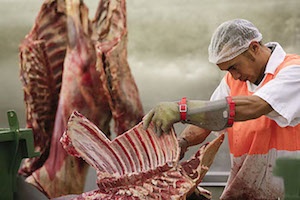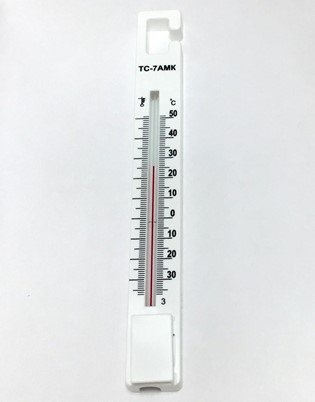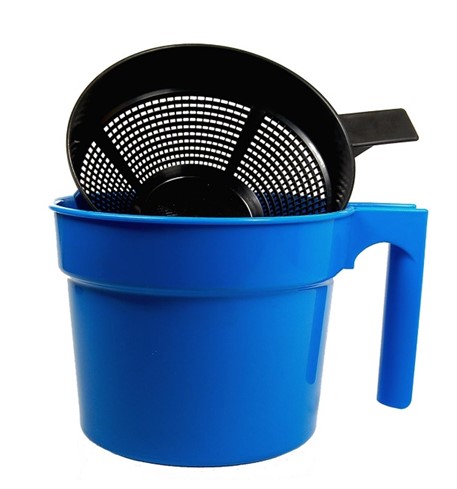Brazilian scientists solved the problem of cows for ecology

Scientists from the Brazilian agricultural research corporation Embrapa have found a way to reduce methane emissions from raising cows.
They suggested planting eucalyptus next to pastures. Researchers accidentally found that about 350 trees of this medium-sized plant, grown on one hectare of land, are able to absorb as much substance as 12 large cows excrete.
As the head of the corporation, Jolo de Almeida, explained, the dense crowns of these trees sufficiently protect pastures from sunlight. Thanks to this, he says, the local grass accumulates more nitrogen, which is necessary for protein production. This makes the natural feed more nutritious for the animals. As a result, they gain mass faster, so they spend less time on pastures, where they most often emit harmful methane. Therefore, beef from such cows is called carbon-neutral. In addition, due to the more active growth of animals, the production of this meat increased by 30 percent.
Unfortunately, scientists note that this method is not suitable for all territories. The fact is that eucalyptus is not able to grow in any climate and not on all types of soil. However, for many farmers, their discovery will not only reduce the harmful impact on the environment, but also increase their own meat production.




























































